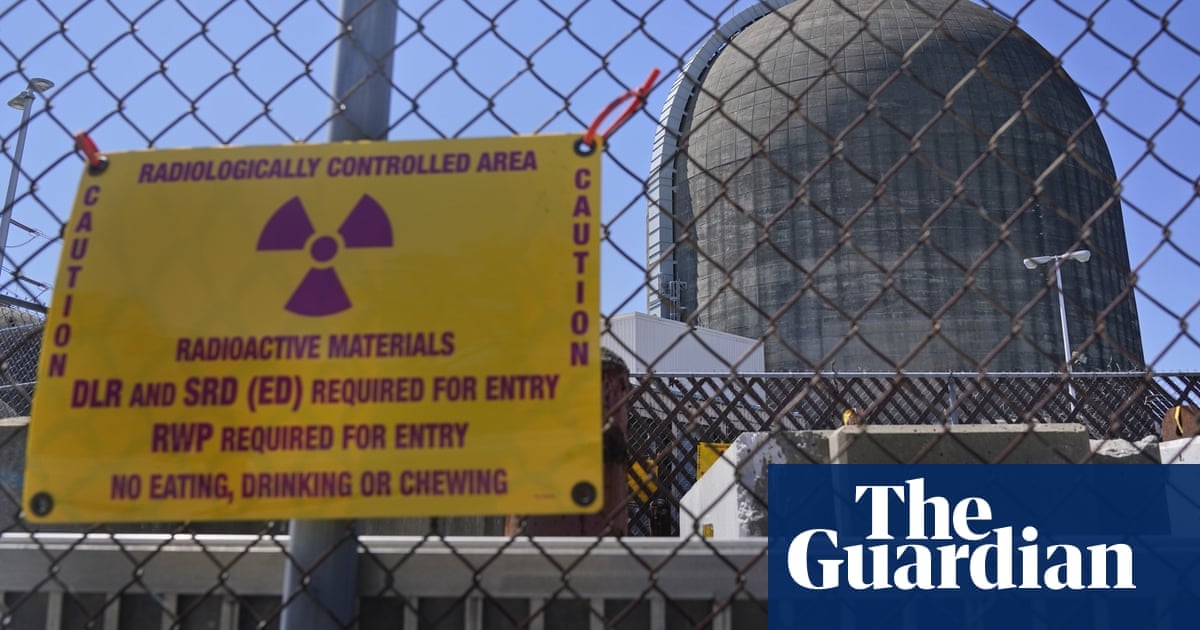Shuttering of New York facility raises awkward climate crisis questions as gas – not renewables – fills gap in power generation
When New York’s deteriorating and unloved Indian Point nuclear plant finally shuttered in 2021, its demise was met with delight from environmentalists who had long demanded it be scrapped.
But there has been a sting in the tail – since the closure, New York’s greenhouse gas emissions have gone up.
Castigated for its impact upon the surrounding environment and feared for its potential to unleash disaster close to the heart of New York City, Indian Point nevertheless supplied a large chunk of the state’s carbon-free electricity.
Since the plant’s closure, it has been gas, rather then clean energy such as solar and wind, that has filled the void, leaving New York City in the embarrassing situation of seeing its planet-heating emissions jump in recent years to the point its power grid is now dirtier than Texas’s, as well as the US average.



most of that is going to be skill issues. “modern nuclear reactors” are multiple factors simpler than existing gen 2 and 3 plants. The problem is that they don’t exist, and nobody wants to fund them right now.
If none of them have been built, then they aren’t “modern” reactors. They are “theoretical” or “promising designs,” with any improvements being just as “potential” as other unproven techs.
they are modern reactor designs, forgive me for not speaking like an autistic nerd who has a hyper fixation on weird shit for 12 fucking seconds.
They are modern reactors. Just like the RBMK is an old and antiquated reactor, even though they aren’t being built anywhere. Same thing for BWR reactors, which aren’t nearly as common as PWR even though they may be built every so often.